The Comprehensive Guide To Shipping Goods From France to Kenya
The Comprehensive Guide To Shipping Goods From France to Kenya
Shipping goods from France to Kenya can be a daunting task, especially if you’re unfamiliar with the process. That’s why we’ve created this comprehensive guide to help you navigate the process from start to finish. We’ll cover all the steps necessary to ensure that your package arrives to its intended destination safely and on time. You’ll get advice on selecting a reliable shipping company, choosing the right type of packaging, and understanding the various customs and regulations you’ll need to adhere to. We’ll also discuss the different shipping options available, so you can choose the one that best fits your needs. By the end of this guide, you’ll know exactly how to ship your goods from France to Kenya with ease and confidence.
Overview of Shipping Goods from France to Kenya
First, let’s take a look at an overview of shipping goods from France to Kenya. You’ll need to gather all the necessary details about your shipment, such as its weight, dimensions, and value. This will help you determine the best shipping option for your needs. You’ll also need to decide whether you want to hire a customs broker or do the work yourself. This can have a significant impact on your shipping costs. Plus, you’ll need to find a shipping company that services your desired shipping route. Once you’ve gathered all the necessary information and found a shipping company, you can move on to the actual shipping process. We’ll break down each step in more detail below. First, you’ll want to make sure your package is packed securely to avoid any damage or loss during transit. You’ll also want to make sure that it is clearly marked with all necessary information, such as the name of the receiver, the country of origin, and the contents inside. You’ll also need to calculate how much your shipment will cost, whether it’s via an upfront payment method like a letter of credit or an open account. You should also know the basic customs regulations for both France and Kenya, such as the allowed durations for free entry, the allowed quantities for duty-free entry, and the necessary documentation needed for import. Finally, you’ll need to track your shipment and make sure that it arrives safely and on time. If there are any issues along the way, you’ll need to act quickly to resolve them before they become significant problems.
Selecting a Reliable Shipping Company
When shipping goods from France to Kenya, one of the first steps you’ll need to take is finding a shipping company. Selecting a reputable shipping company can go a long way towards making the shipping process more seamless. There are a few things you’ll want to keep in mind while searching for a suitable shipping company. First, you’ll want to make sure the company is both licensed and insured. This will provide you with peace of mind knowing that you’re dealing with a reliable company that follows all necessary regulations. Second, you’ll want to make sure the company services your desired shipping route, whether it’s by sea, air, or a combination of both. This will ensure that your package arrives safely and on time. Last but not least, you’ll want to look at reviews and references from previous clients. This will give you an idea of how the company handles its clients’ shipments, as well as the general service quality.
Choosing the Right Packaging
Another important part of shipping goods from France to Kenya is choosing the right packaging for your shipment. This can have a significant impact on the safety and condition of your shipment upon arrival. When choosing the right packaging, there are a few important things to keep in mind. First, you’ll want to make sure the packaging is sturdy enough to protect your shipment from damage or loss. You can do this by choosing high-quality packaging materials, such as cardboard or paperboard. Second, you’ll want to make sure the packaging is properly labelled. This will help customs officials identify the contents of your shipment quickly and easily. Third, you’ll want to ensure that the packaging is suitable for the mode of transport. For example, if you’re shipping via air, you’ll want to make sure the packaging can withstand high temperatures. This will ensure your package arrives in good condition.
Understanding Customs and Regulations
Next, you’ll want to understand the customs and regulations for France and Kenya. This will help you decide what type of shipping method to use. For example, if you’re shipping fragile materials, you may want to choose an air shipping method. This will help you avoid any potential damage caused by vibrations or movements during sea travel. You’ll also want to make sure that the goods you’re shipping are permitted for import by the Kenyan government. This will save you from any unnecessary delays or rejections that can occur at customs. You’ll also want to make sure that the goods are in compliance with the Kenyan Standards, Metrology, and Quality Control Authority (KEQMA). These standards will help protect both you and the receiver from any potential issues that could arise due to product defects.
Different Shipping Options Available
Another important thing to consider when shipping goods from France to Kenya is the different shipping options available. This will help you decide what type of shipping method will work best for your needs. For example, if you’re shipping a valuable item, you may want to choose air shipping. This will help you avoid any potential issues associated with sea travel, such as cargo theft. You’ll also want to take the transit time of each shipping method into consideration. This will help you avoid any potential delays or complications that may arise due to the length of time it takes for your shipment to arrive.
Preparing the Package for Shipping
Once you’ve chosen the right packaging and understood the customs and regulations, you’re ready to prepare the package for shipping. This can involve a few different steps, such as cleaning and repackaging your items, marking the box with necessary information, and properly labelling the box. First, you’ll want to clean all your items thoroughly to remove any debris or dirt that could potentially damage the other items in your shipment. This will also help prevent pests and rodents from damaging your items while in transit. Next, you’ll want to repackage your items in a way that will prevent any damage during transit, while also allowing for easy unpacking at the destination. You’ll also want to make sure that the box is labelled with all necessary information, such as the name of the receiver, the country of origin, and the contents inside.
Tracking the Shipment
Finally, you’ll want to track the shipment to ensure that it arrives safely and on time. You can do so by contacting the shipping company or by using a tracking service. You’ll also want to make sure to be flexible during this process, as there may be times when the shipment is delayed due to unforeseen circumstances. This can happen due to inclement weather or other unforeseen circumstances that may impact the transit time. If your shipment is delayed or if there are any issues, you’ll want to contact the shipping company as soon as possible. This will give you the opportunity to resolve any potential issues before they become significant problems. Additionally, you’ll also want to make sure that you have a contact person at the shipping company in case you need to communicate with them regarding your shipment. This will make the process significantly easier and more seamless.
Potential Pitfalls to Avoid
There are a few potential pitfalls that you’ll want to avoid while shipping goods from France to Kenya. First, you’ll want to make sure that you properly declare the value of your goods. Otherwise, you may face significant fines and other penalties. Second, you’ll want to avoid providing false or misleading information on your shipment. Doing so could result in significant fines and penalties. Finally, you’ll want to avoid picking an upfront payment method like a letter of credit unless absolutely necessary. This will help you avoid any potential issues that may arise due to delayed payments or other complications.
Tips for Saving Money on Shipping
Finally, if you’re looking to save money on shipping from France to Kenya, there are a few things you can do. First, you’ll want to make sure you’re properly packaging your items. Proper packaging will help protect your items during transit, which will help you avoid any potential damage or loss. Second, you’ll want to avoid choosing an upfront payment method like a letter of credit unless absolutely necessary. This will help you avoid any potential extra costs due to delayed payments or other complications. Finally, you can use a shipping comparison tool to compare different shipping companies and their rates. This will help you find the best shipping company for your needs, which will help you save money on shipping costs overall.


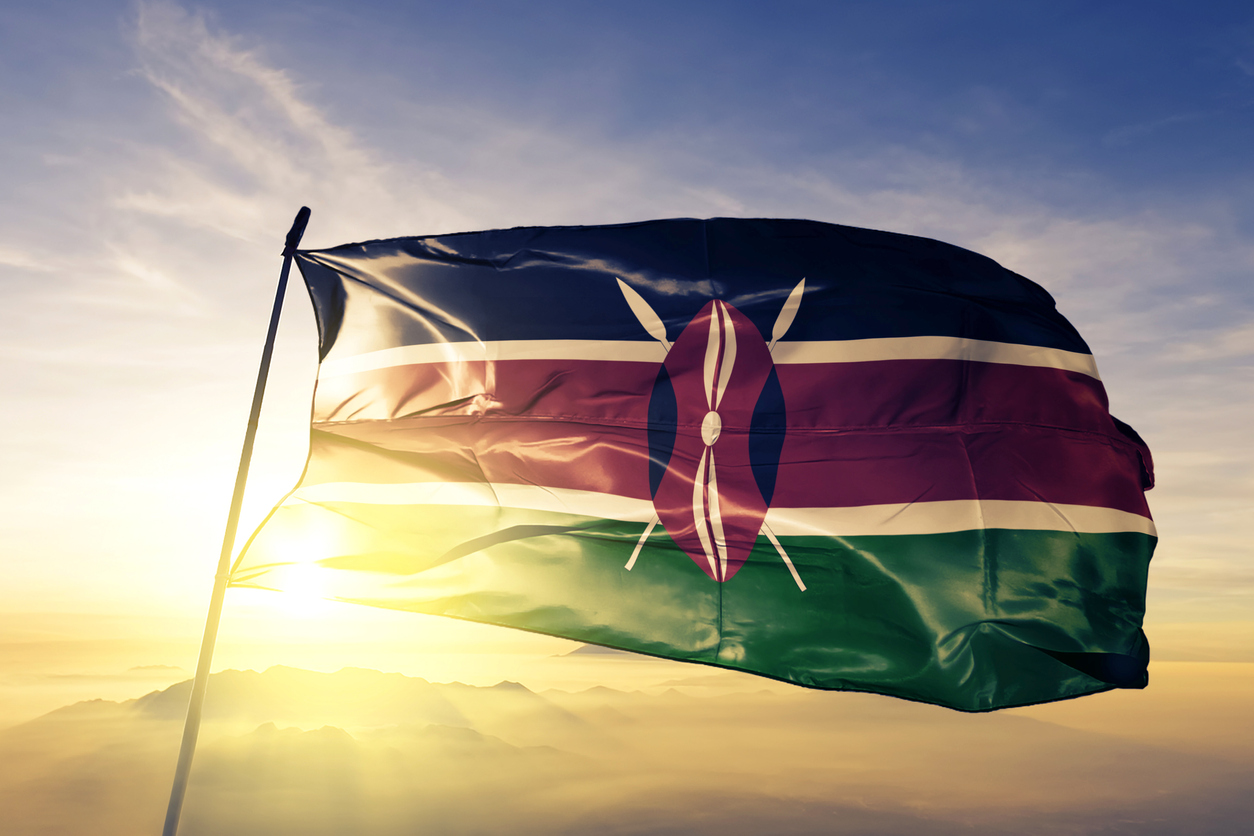
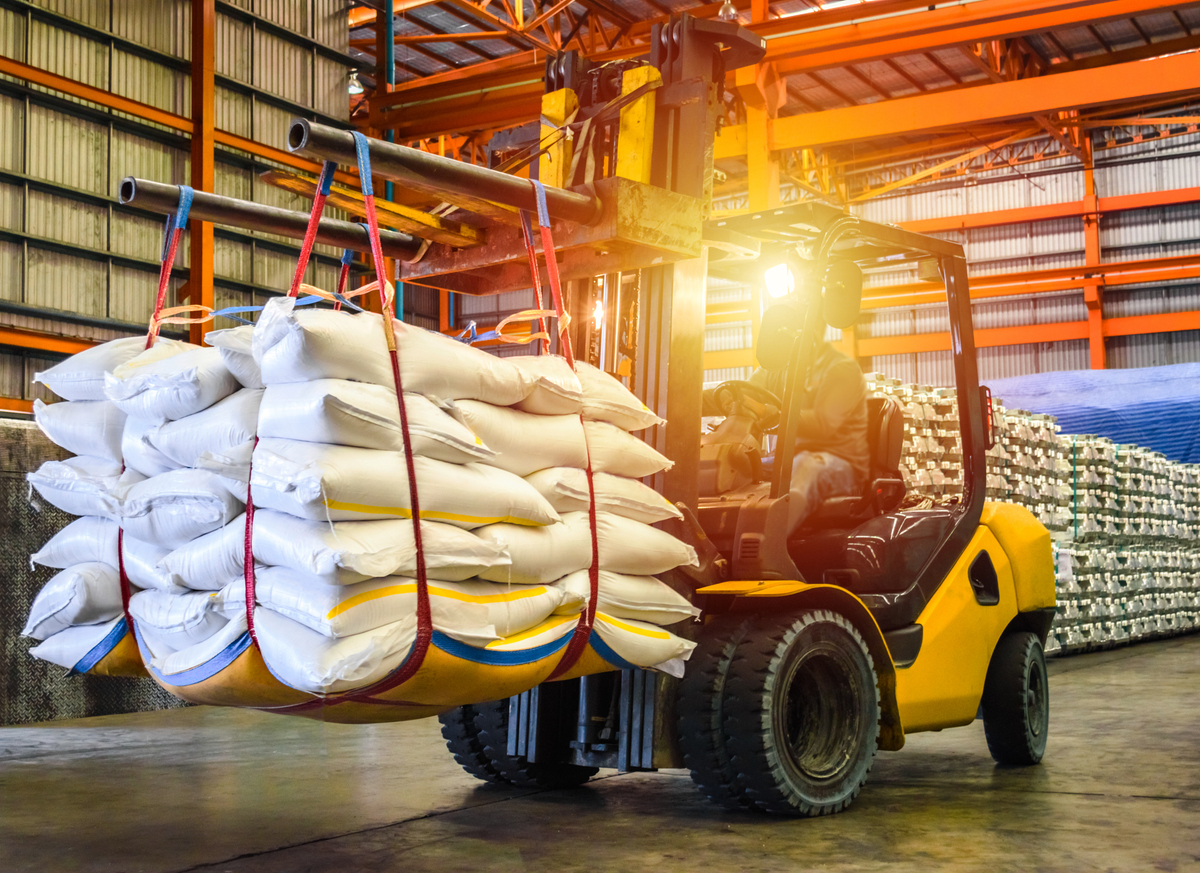
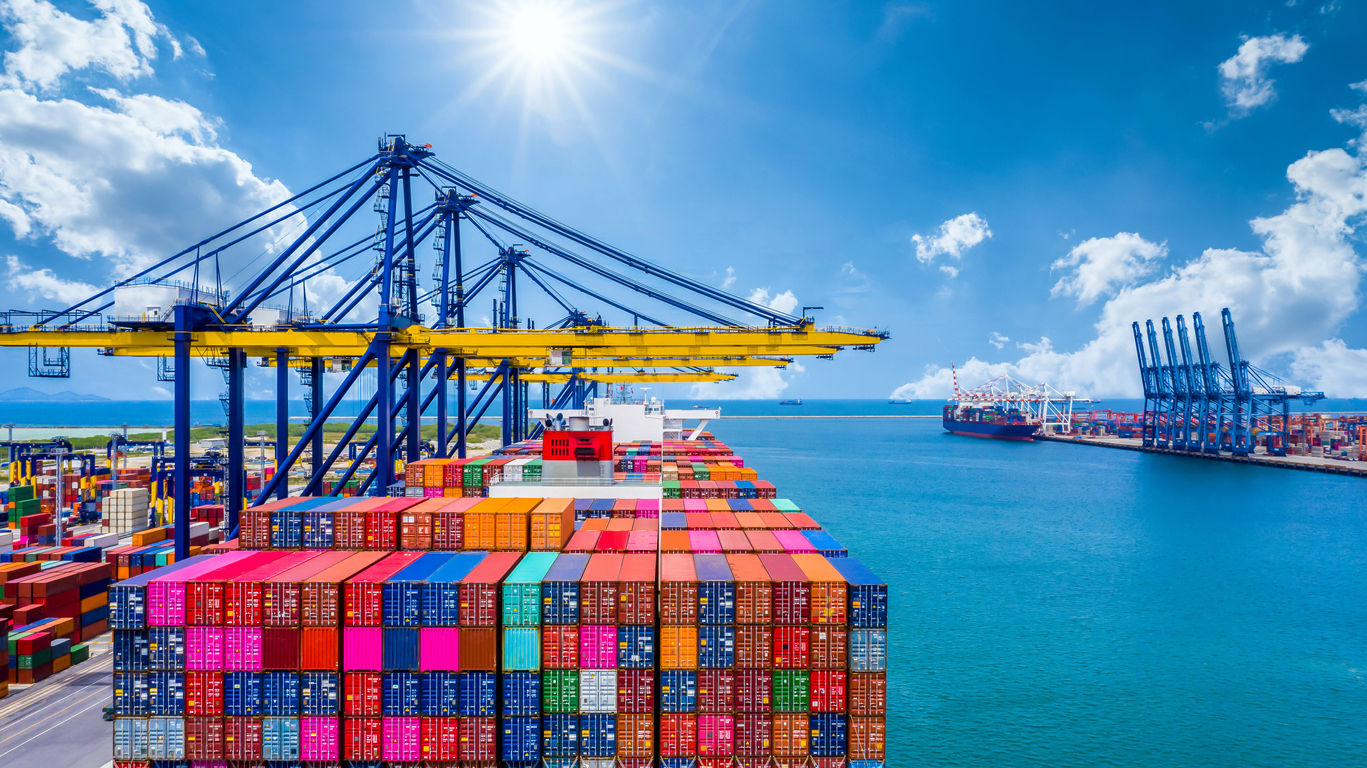
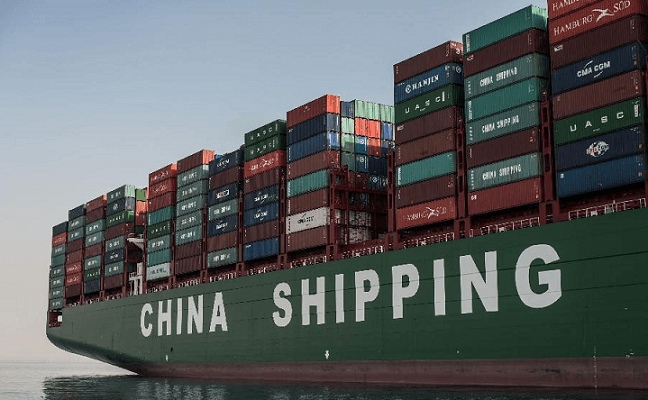

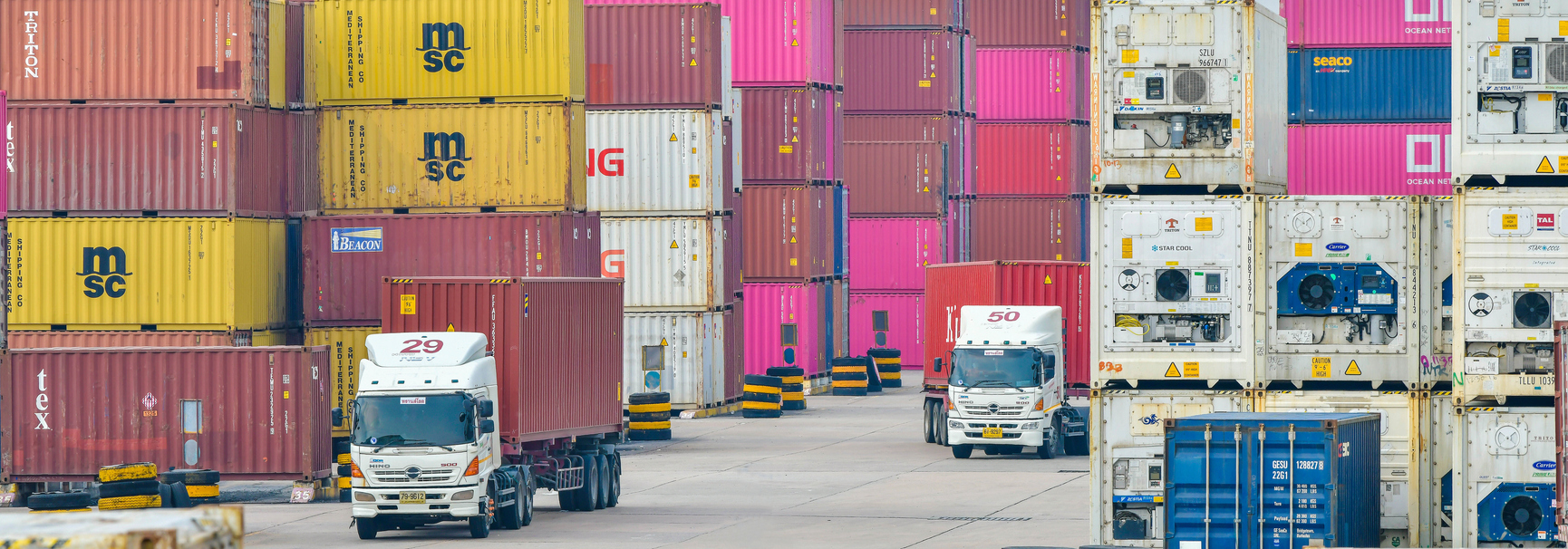
LEAVE A COMMENT
You must be logged in to post a comment.